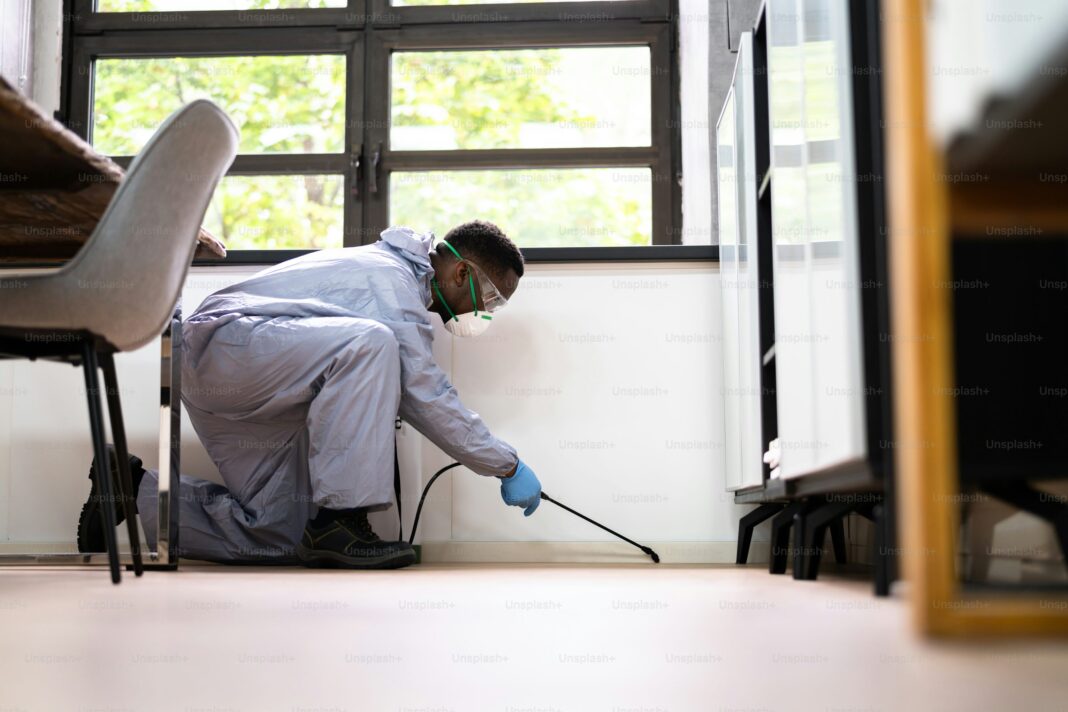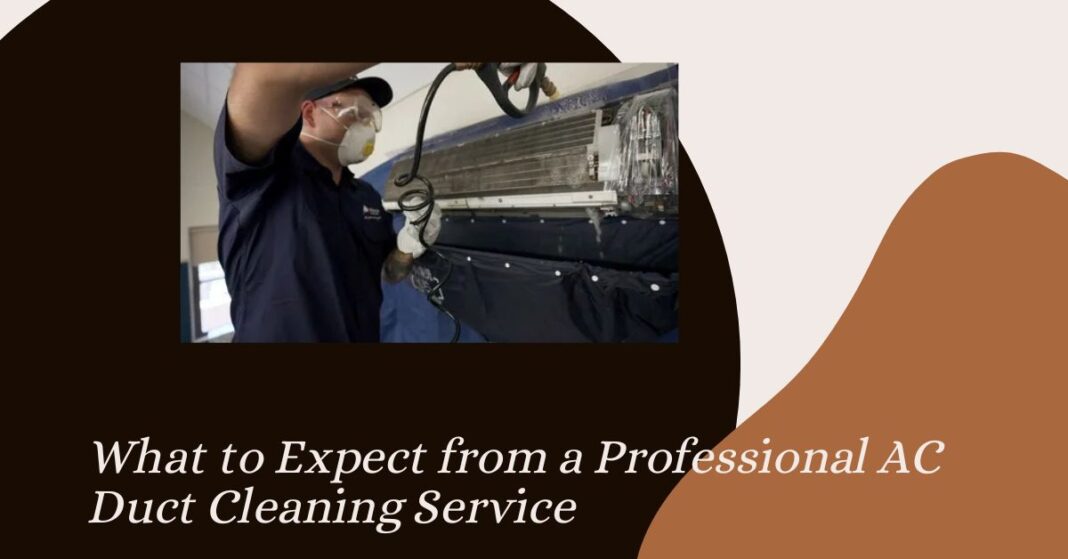If you’ve ever considered a career that involves helping people solve real, everyday problems, becoming an exterminator might be a great fit for you. Exterminators, also known as pest control technicians, play an essential role in keeping homes, businesses, and outdoor spaces free from pests that can spread disease or cause damage. With a steady demand for pest control services, this career path offers a combination of hands-on work, independence, and job security.
In this guide, we’ll take you through the steps you need to follow to become a pest control professional. We’ll cover the educational requirements, training programs, skills needed, and licensing process, as well as some practical tips to help you get started on this career path.
1. What Does an Exterminator Do?
Exterminators, or pest control technicians, are responsible for eliminating various types of pests, including insects, rodents, and occasionally larger animals, from residential, commercial, and sometimes industrial areas. Their daily tasks vary, but here are some common responsibilities:
- Inspecting properties: Exterminators need to assess each property to identify the types and severity of infestations. This inspection helps them decide which treatments to use.
- Choosing the right treatment methods: Depending on the pests, exterminators may use chemical sprays, traps, fumigants, or eco-friendly treatments.
- Applying treatments: Pest control workers apply these treatments carefully to ensure effectiveness while keeping people and pets safe.
- Following up: After the initial treatment, exterminators may schedule follow-ups to make sure the pests don’t return.
- Educating clients: A big part of pest control work is helping clients understand how to prevent future infestations.
2. Requirements and Qualifications to Become a Pest Control Technician
To become a successful exterminator, you’ll need a combination of education, training, and licenses. Here’s a breakdown:
a. Educational Background
While pest control doesn’t require a college degree, most employers prefer candidates who have at least a high school diploma or equivalent. A background in biology, environmental science, or chemistry can be beneficial since exterminators often need to understand the life cycles and behaviors of various pests.
b. Training Programs
Many pest control companies offer on-the-job training for new hires. This training typically involves:
- Learning about different pests, including their behavior and habitats.
- Understanding the types of chemicals and equipment used in pest control.
- Becoming familiar with safety protocols, especially when handling hazardous materials.
In addition to on-the-job training, some technical schools and community colleges offer certificate programs in pest management, which can give you a head start. These courses might include topics like pest identification, chemical handling, and pesticide application techniques.
c. Licensing and Certification
In most states, pest control technicians need a license to work professionally. Licensing requirements vary, but generally, you will need to:
- Complete a training program or apprenticeship.
- Pass a state exam that covers pest control regulations, chemical usage, and safety guidelines.
- Fulfill continuing education requirements to keep your license valid.
Certification programs, such as those offered by the National Pest Management Association (NPMA), can also give you an advantage in the job market. Certifications show that you have advanced knowledge and skills, and they can open up higher-paying job opportunities.
3. Essential Skills for an Exterminator
Beyond the technical skills you’ll learn during training, exterminators need a few other skills to be effective on the job. Here’s a look at some of the most important ones:
- Attention to detail: Pest control requires thoroughness and precision. Exterminators need to be able to spot small signs of infestation and apply treatments carefully.
- Problem-solving skills: Different pest issues require different solutions. Technicians need to think critically and adapt their methods as needed.
- Physical stamina: Pest control can be physically demanding, involving lifting, climbing, or crouching for extended periods.
- Communication skills: Exterminators work closely with clients, so being able to explain treatment methods, answer questions, and provide clear prevention tips is essential.
- Customer service skills: A friendly, helpful attitude can go a long way in building trust with clients.
4. Steps to Start Your Pest Control Career
Now that you know what the job involves and the qualifications needed, let’s break down the specific steps to get started.
Step 1: Research Local Requirements
The first thing to do is to check the licensing requirements in your state or country. You can usually find this information through your local Department of Agriculture or a similar regulatory body. Each state has its own rules, so be sure to understand what’s needed where you live.
Step 2: Gain the Necessary Education and Training
If you’re just starting out, look for entry-level positions at pest control companies. Many employers provide on-the-job training, so you can earn while you learn. Alternatively, if you’re interested in gaining more in-depth knowledge, consider taking a pest management course at a community college or technical school.
Step 3: Complete Required Licensing Exams
Once you’ve completed your training, you’ll likely need to pass a licensing exam. These exams cover essential topics such as pest biology, safe chemical handling, and local regulations. Prepare well, as these exams are often a mandatory step before you can begin working independently.
Step 4: Start Working and Gain Experience
After you’ve received your license, you’re ready to start working as a pest control technician. In the beginning, you may work under the supervision of a more experienced technician, especially if you’re handling large-scale or complicated infestations. With time and experience, you’ll gain confidence and may even decide to specialize in a specific type of pest control, such as termite management or eco-friendly pest solutions.
Step 5: Continue Learning
Pest control is an evolving field, with new products, techniques, and regulations emerging regularly. By participating in continuing education courses and staying updated on industry trends, you’ll be better equipped to offer high-quality service to your clients.
5. Opportunities for Career Advancement
With experience and additional certifications, exterminators can pursue various career advancement opportunities. Here are some potential paths:
- Supervisor or Manager: Experienced exterminators can advance to supervisory roles, overseeing other technicians and managing customer accounts.
- Specialist in Certain Pests: Some exterminators choose to specialize, focusing on high-demand areas like termite control or bedbug removal.
- Starting Your Own Business: Many exterminators eventually decide to start their own pest control businesses, which allows them to set their own schedules and potentially earn more money.
- Sales or Consulting: Some experienced technicians transition into sales or consulting roles, advising clients on pest control products or preventive measures.
6. The Pros and Cons of Being an Exterminator
Like any career, pest control has its ups and downs. Here’s a quick look at what to expect:
Pros
- Job Stability: People always need pest control services, so there’s a steady demand.
- Independence: Exterminators often work independently and manage their own schedules.
- Variety: Each day brings new challenges and requires problem-solving skills.
- Helping People: Exterminators provide valuable services that make homes and workplaces safer and healthier.
Cons
- Physically Demanding: The job can be tiring and sometimes requires working in tight or dirty spaces.
- Health Risks: Pest control involves handling chemicals, so safety precautions are essential.
- Unpredictable Hours: Some exterminators need to work evenings, weekends, or on short notice, depending on client needs.
7. Tips for Succeeding as an Exterminator
Here are a few final tips to help you excel in the pest control industry:
- Build a strong reputation: Customers value reliability and professionalism. Be prompt, thorough, and respectful in all your client interactions.
- Stay organized: Good record-keeping helps you manage schedules, treatments, and follow-ups effectively.
- Prioritize safety: Always follow safety guidelines when handling chemicals or working in risky environments.
- Listen to clients: Understanding your clients’ concerns will help you provide better service and build long-term relationships.
- Network within the industry: Join professional associations like the NPMA to connect with others in the field and stay updated on best practices.
In conclusion, how to become an exterminator may seem like a straightforward path, but it requires specific skills, licenses, and training. By following these steps, you’ll be well-prepared to begin your career in pest control. With dedication and a commitment to quality, you’ll find that this job offers not only a steady income but also the satisfaction of helping people maintain safe, pest-free spaces.




